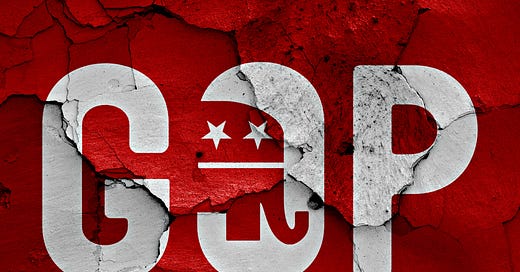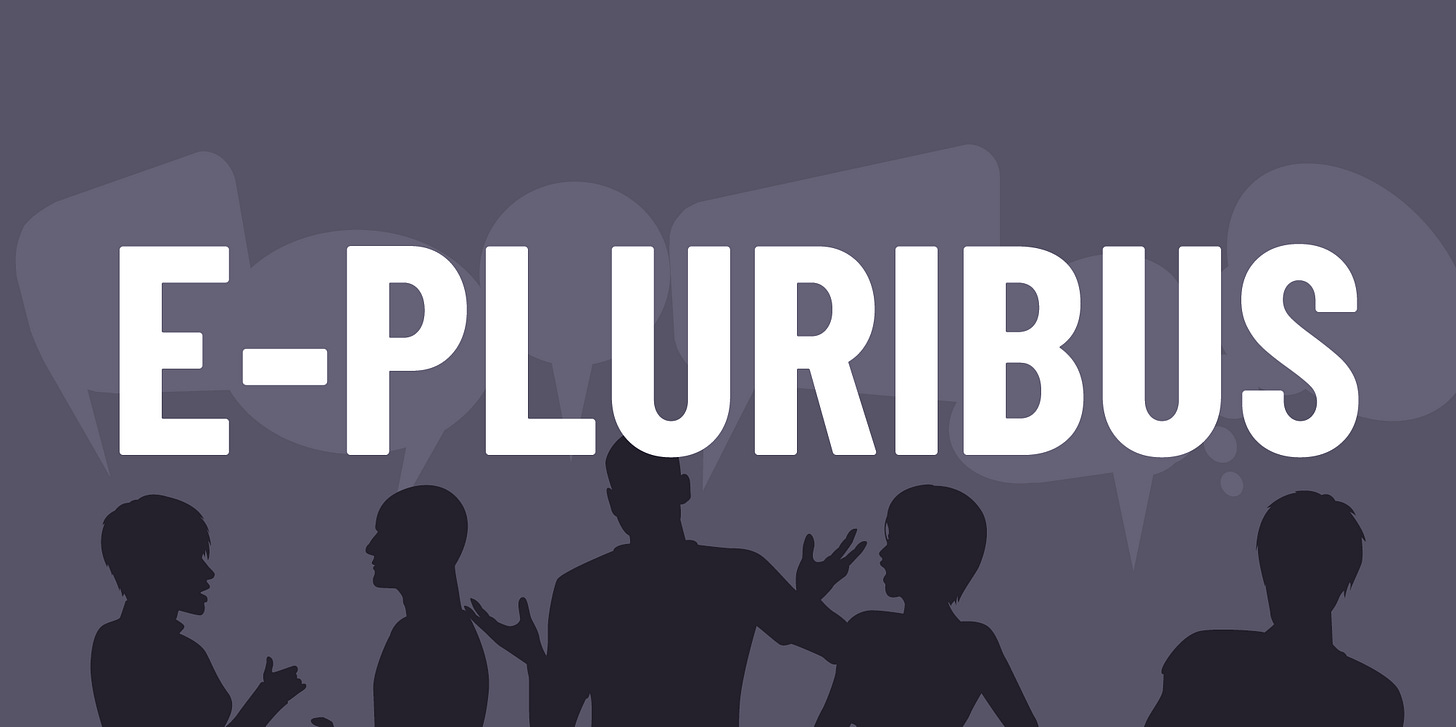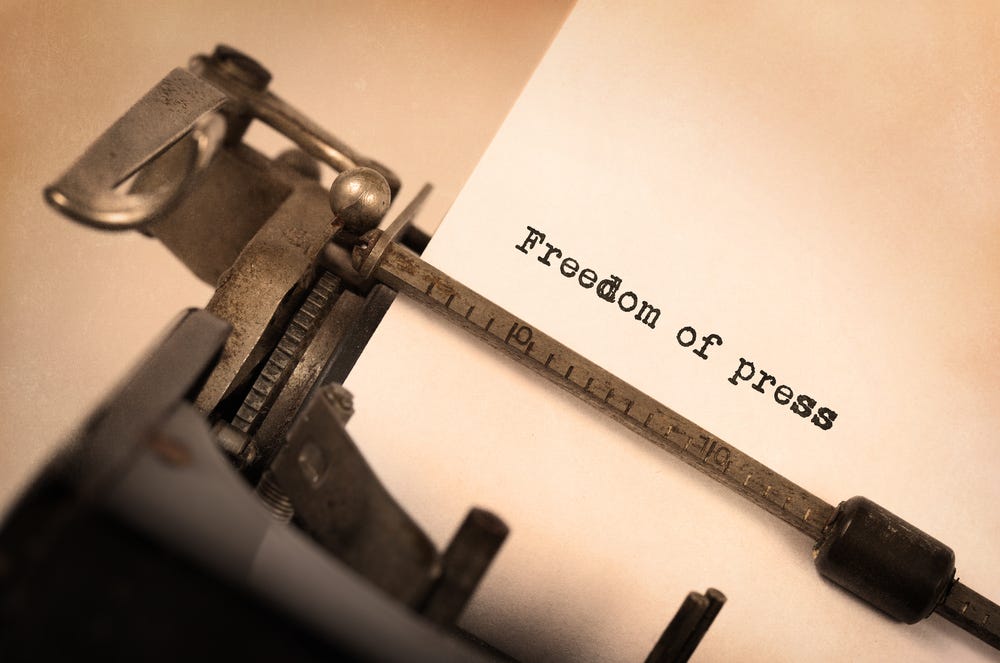E-Pluribus | November 23, 2021
Right-wing illiberalism is no answer to left-wing illiberalism, who is freedom of the press for, and a cancel culture checklist.
A round up of the latest and best writing and musings on the rise of illiberalism in the public discourse:
Andrew Sullivan: The Ever-Radicalizing Republicans
Andrew Sullivan doesn’t need to be sold on the idea that the radical left has an illiberalism streak a mile wide. But the impulse on the part of too many Republicans to fight fire with fire has Sullivan concerned that, absent a corrective for overreach on the left by the right, there isn’t much to stop the slide to a less free society for all.
The rhetoric of some of the anti-woke leaders is also increasingly radical. Christopher Rufo tweeted: “It’s time to clean house in America: remove the attorney general, lay siege to the universities, abolish the teachers unions, and overturn the school boards.” A common theme is along the lines of “The anti-woke liberals are the very last people who should be expected to save us.”
And, look, I understand the impulse here. I’m as agonized as anyone over the woke over-reach, in every field of life, gutting the core principles of our system of government in favor of identitarian ressentiment. And yes, the fight was started by the far left’s capture of the media (see my next item below), corporate HR, and the entire education establishment. It’s maddening to see this ignored, denied, glossed over, or tolerated — especially by cowardly liberals, incapable of wresting free.
But the contempt for liberal discourse, the disdain for norms, the resilient cult-worship of a deranged tyrant, and the banning of books? The discrediting of fair elections, the deployment of violent rhetoric and imagery, the QAnon madness, the continued support for Trump’s self-evident insanity? No, no, and no, sir.
Read it all.
Jacob Sullum: The New York Times Is Protected by Freedom of the Press. So Is James O'Keefe.
Ask most people what the First Amendment means when it says “Congress shall make no law… abridging the freedom of …the press…” and you’ll probably get a reply that includes the words “journalist” or “news organization.” But, using the recent Project Veritas/FBI controversy as a launching point, Jacob Sullum writes at Reason that, especially in the age of mass communication and the internet, everyone is guaranteed “freedom of the press,” not just those who have chosen a profession within the established media apparatus.
Times Executive Editor Dean Baquet described Wood's order as a form of "prior restraint" that clearly runs afoul of the Supreme Court's First Amendment precedents. "This ruling is unconstitutional and sets a dangerous precedent," Baquet said in an emailed statement. "When a court silences journalism, it fails its citizens and undermines their right to know. The Supreme Court made that clear in the Pentagon Papers case, a landmark ruling against prior restraint blocking the publication of newsworthy journalism. That principle clearly applies here. We are seeking an immediate review of this decision."
In a story about the controversy, Times reporter Michael Grynbaum notes that "the order raised immediate concerns among First Amendment advocates, who called it a violation of basic constitutional protections for journalists." But he also suggests that Project Veritas does not deserve those protections. "Project Veritas has sought to portray itself as a journalistic organization protected by First Amendment rights afforded to the news media," he says.
[…]
Grynbaum leaves the impression that the ACLU's concern was limited to whether the FBI's searches passed muster under the Fourth Amendment. But the ACLU also warned that "the precedent set in this case could have serious consequences for press freedom," which suggests that freedom extends beyond what Grynbaum (or Hauss) might recognize as legitimate journalism.
As UCLA law professor and First Amendment scholar Eugene Volokh has shown, the idea that freedom of the press is a privilege enjoyed only by bona fide journalists, however that category is defined, is ahistorical and fundamentally mistaken. It is clear from the historical record that "freedom of the press" refers to a technology of mass communication, not to a particular profession.
In a 2012 University of Pennsylvania Law Review article, Volokh carefully considered how freedom of the press was understood when the Constitution was written, in the late 18th and early 19th centuries, when the 14th Amendment (which extended First Amendment limits to the states) was ratified, in the late 19th and early 20th centuries, and in Supreme Court decisions since the 1930s. The evidence clearly shows that the provision protects anyone who uses the printed word—and, by extension, media such as TV, radio, and the internet—to communicate with the public.
Read it all here.
ICYMI: Jonathan Rauch: The Cancel Culture Checklist
Back in August 2020, Jonathan Rauch attempted to bring some clarity to the concept of cancel culture with six hallmarks of the phenomenon. Pluribus’s own attempt to define cancel culture actually linked to Rauch’s 2020 article, but given the continued disputing, and even denial, of its existence, it’s worth a second look.
So what, exactly, does a cancellation consist of? And how does it differ from the exercise of free speech and robust critical debate?
At a conceptual level, the difference is clear. Criticism marshals evidence and arguments in a rational effort to persuade. Canceling, by contrast, seeks to organize and manipulate the social or media environment in order to isolate, deplatform or intimidate ideological opponents. It is about shaping the information battlefield, not seeking truth; and its intent—or at least its predictable outcome—is to coerce conformity and reduce the scope for forms of criticism that are not sanctioned by the prevailing consensus of some local majority.
In practice, however, telling canceling apart from criticism can be difficult because both take the form of criticizing others. That is why it is probably impossible to devise a simple bright-line test of what should count as a harmful instance of cancelation.
A better approach might therefore be diagnostic. Like the symptoms of cancer, the hallmarks of a cancellation are many. Though not all instances involve every single characteristic, they all involve some of its key attributes. Rather than issuing a single litmus test, the diagnostic approach allows us to draw up a checklist of warning signs. The more signs you see, the more certain you can be that you are looking at a cancel campaign.
Read the whole thing.
Around Twitter
A reminder via Nicholas Christakis that we in the US should cherish our freedom to criticize our leaders:


A couple of excerpts (and a link) to a Persuasion podcast on race, class and free speech, via Heterodox Academy:

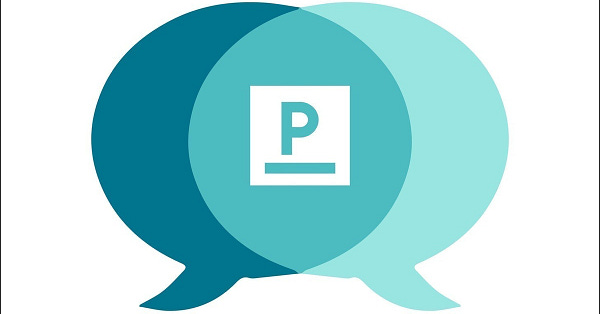

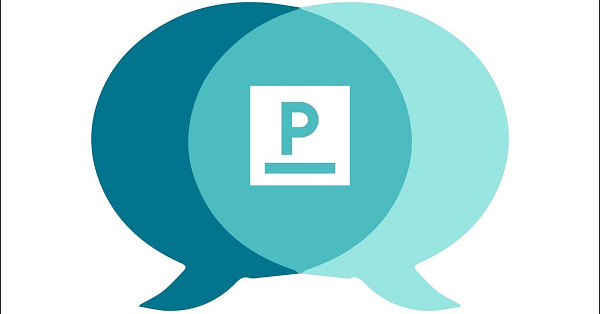
Some thoughts from Sarah Isgur of The Dispatch on the sometimes delicate balancing act in the criminal justice system between public safety and civil liberties of the accused:




Finally, she may be shouting into the void, but Megan McArdle senses an opportunity for all sides to come together on criminal justice reform in light of the Kyle Rittenhouse case:




